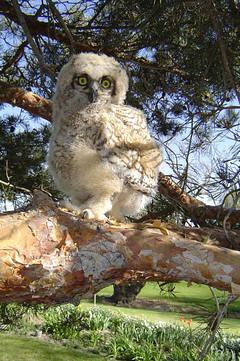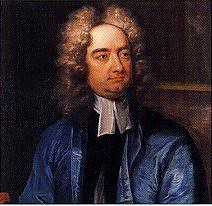NewYorkTimes litcrit vid (June5,2k11)
--------------------------------------
ARTS
Harold Bloom's Influence
The great Yale literary critic, Harold Bloom, author of such books as The Western Canon (intellectually an enormous blessing) & The Anxiety of Influence (I learned the idea of literary supercession of the admired greats to which one has become entranced and which, if taken together with co-author and Jewish Publication Society editor of many previous Bible translations, David Rosenberg, their stunning collaborative work, The Book of J.
-- New York Times (June5,2k11)
In fact, David is perhaps the formative influence on the J writer. David represented human grandeur, a poet and a warrior, representing the highpoint of Israel's history. David was charismatic and enthusiastic; full of elan and moxie. According to Bloom, the entire point of the Book of J is to sketch a background of David's ancestors, for Yahweh's love of David is the most important thing about him (Yahweh). That Yahweh showered favor on David is most clear, and to a Solomonic litterateur like J, that is far more important than the Exodus.
But despite all the theological ramifications of the Book of J (and Bloom seems to cheerfully and nonchalantly treat the "normative tradition" as completely misguided), The Book Of J is primarily a book of literary criticism. The book moves from an explanation of what the Book Of J is in terms of the textual history of the Bible, to an admonishment that the reader will not see J as a great ironic writer unless he can rid himself of "normative" presuppositions; then we are given Rosenberg's new translation of The Book Of J (a little over one hundred pages of text); then Bloom applies his formidable critical powers to the text, and finally we are given a sense of J's place in literary history.
...
Genesis Is Good Literature – Bloom’s Book of J
THE BOOK OF J
Translated by David Rosenberg (1990)
See also
Review by Dan Geddes
Bloom is attempting to place J in the literary pantheon, and precisely because of how J's work has come down to us, it is difficult to evaluate "her" rightful place. The stories are extraordinarily vivid, perhaps because she employs almost no visual imagery. We are simply given characters and action, over a vast expanse of time. The actions define the characters, and we are left to imagine the settings and the visual world. There is a greater reliance on hearing than seeing, which is refreshing compared to the visual orientation of contemporary authors.
-- A great work! The Book of J!, by Bloom and Rosenberg,
-- NYT & The Satirist materials posted by,
and semiotic-enhancements by LitKritikos

 >br>
>br>









No comments:
Post a Comment